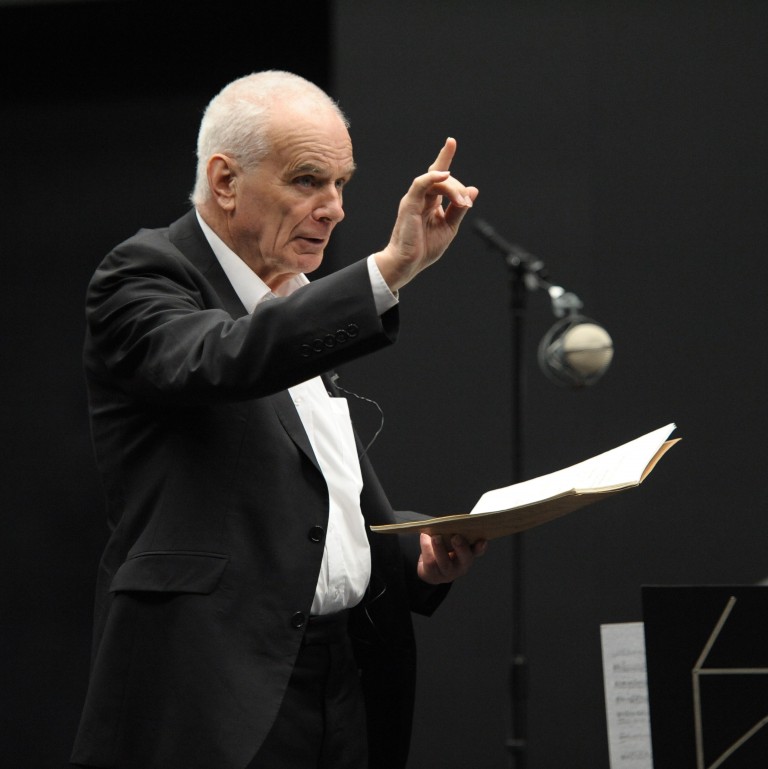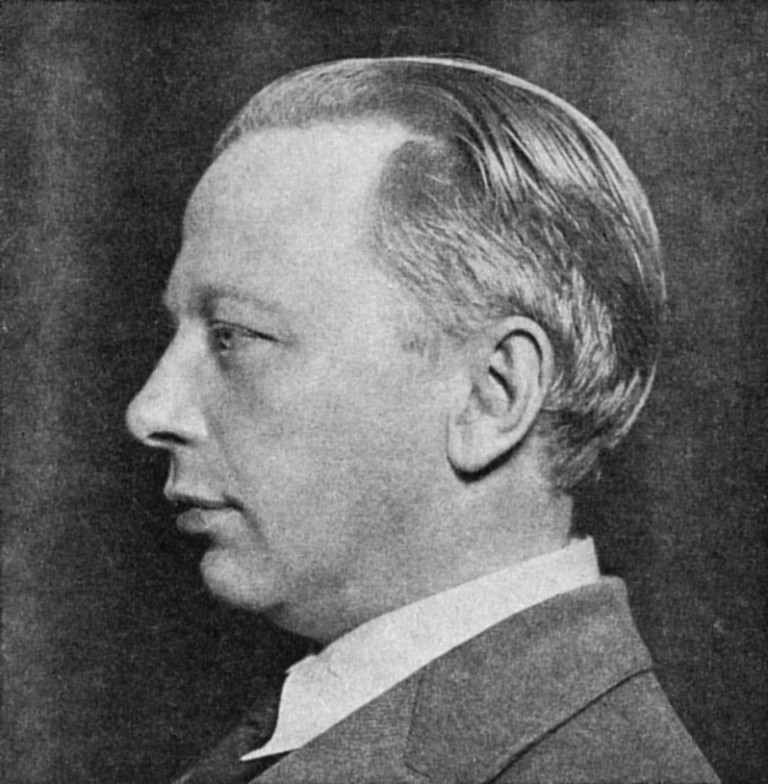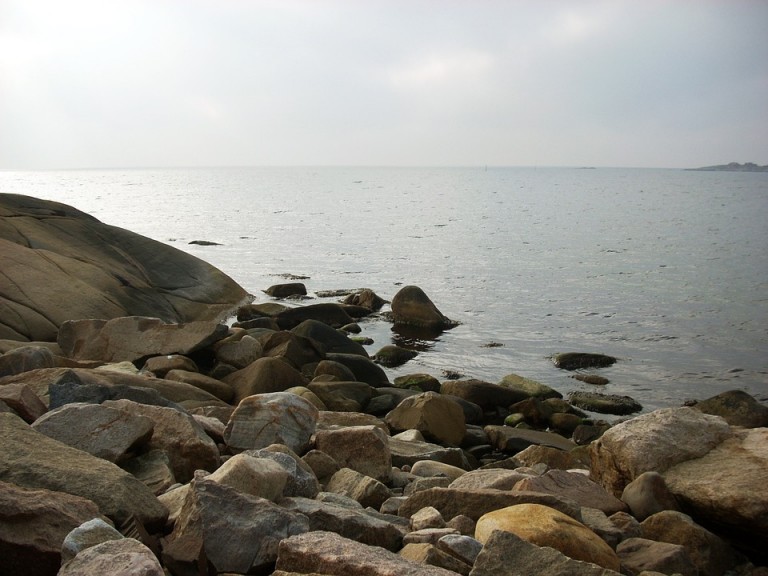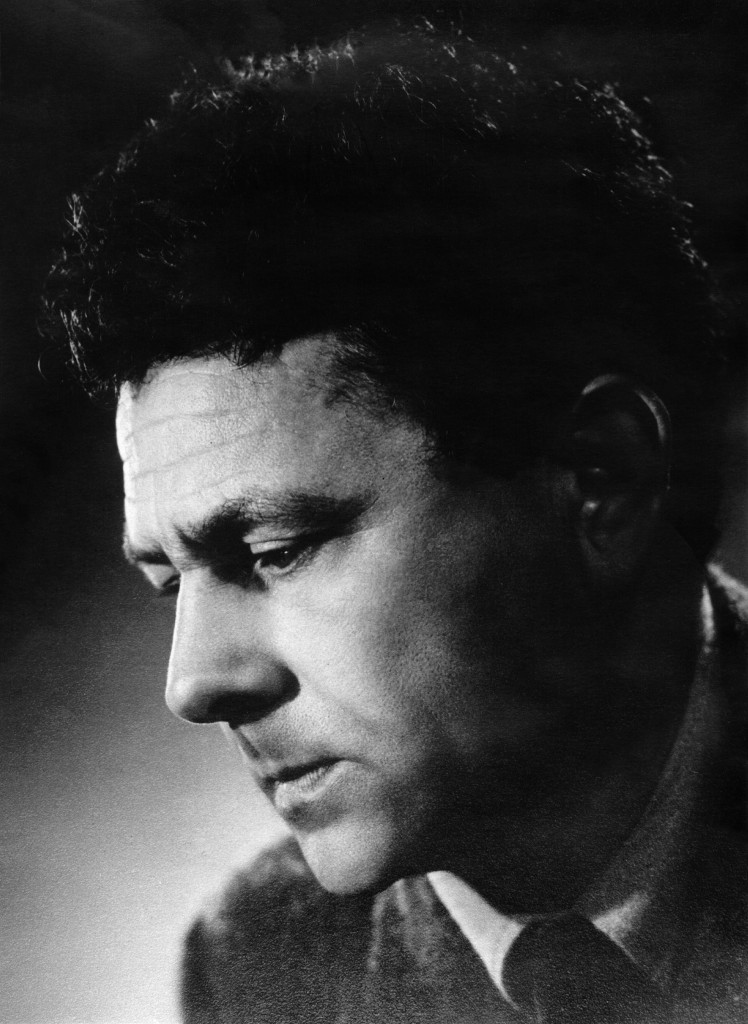ENDNOTES, 17th April 2016
by The Editor
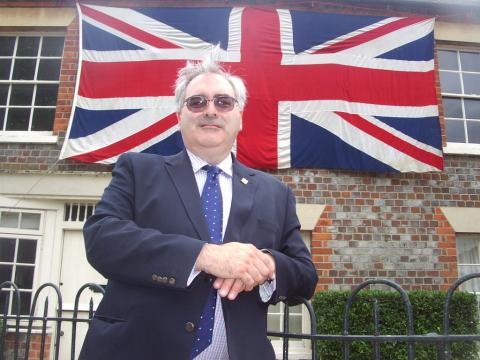
Stuart Millson provides an update of Classical Music releases; courtesy of The Quarterly Review.
Peter Maxwell-Davies
In this edition: Farewell to Sir Peter Maxwell Davies * Coastal sketches by Kurt Atterberg * Piano Quintet by David Matthews * English clarinet concertos.
Known in the 1960s for an uncompromising modernist style (fellow composer and BBC administrator, Robert Simpson, described his work as a crushed-out version of Schoenberg), Peter Maxwell Davies, who died last month at the age of 81, nevertheless emerged as the pre-eminent composer of his generation – a generation (born 1934) that included Alexander Goehr and Harrison Birtwistle, fellow radicals from their days at the Royal Northern (formerly, Royal Manchester) College of Music. I first encountered Maxwell Davies’s music at a concert at Dartington College, Devon in 1983 – a performance of a somewhat violent and disturbing score, Eight Songs for a Mad King, concerning the derangement of George lll. At the time, the composer was Director of the Dartington Summer School, and education was a constant theme of his life; but he was perhaps best known for his association with the Orkney Islands where he made his home, and for the many (more tonal) works which he produced there – including the famous An Orkney Wedding with Sunrise, a whisky-fuelled village festivity, ending with a bagpiper heralding the rising sunshine of morning. Lullaby for Lucy, a touching piece for unaccompanied choir celebrating the birth of a child – the first for decades – in a lonely district of Orkney, set a distinctly pastoral, local tone, as did his elegy for piano, Farewell to Stromness – originally written for an anti-nuclear cabaret in the early 1980s.
My next major encounter in a concert hall with the music of the now knighted Sir Peter Maxwell Davies (Master of the Queen’s Musick) was at a Promenade Concert, given in the presence of Her Majesty, and which consisted of a work written for her in collaboration with the Poet Laureate, Sir Andrew Motion – A Little Birthday Music. “Max” as he was known had made the ideological journey from Republican to Monarchist, mellowing with age, and seeing our Royal heritage as a force for continuity and stability. A passionate believer in the arts and civilisation, he detested the philistine political class – denouncing in a BBC Radio 3 interview “the wretched Bush and Blair” (he stated that neither would remotely understand, or even listen to, such a work as a string quartet which he had written in a state of anguish against the Iraq war); Sir Peter was an artist of many sides, but always with an integrity and a enduring love of his adopted home’s landscape. Farewell to Stromness, and to Maxwell Davies…
Evoking landscape of a similar wild beauty, the Swedish symphonist, Kurt Atterberg (1887-1974) was perhaps his country’s answer to Carl Nielsen. New from Chandos Records is his Symphony No. 3, Op. 10 of 1914-16, subtitled Vastkustbilder (West Coast Pictures) – with three movements, Summer Haze, Storm, and Summer Night. This is enchanting, atmosphere-laden music, decidedly late-romantic in tone, and yet giving away little about the times in which it was written – except for the storm movement, which must surely carry with it the conflagration then engulfing the European lands to Sweden’s far south-west. The first movement, though, resembles (to my mind) the slow movement of Nielsen’s Third Symphony: a languid, serene vision – simplicity, the sound of sea and waves in the distance, or the soft touch of a breeze as you turn your face to the rays of the sun. This opening section to the work grows in intensity, with horn calls and the rumbling of timpani, but this moment seems unresolved, and it all subsides again into the dreamy ether – with a celestial touch, possibly suggesting sunlight on water.
Kurt Atterberg
The final movement of the symphony has an optimistic, triumphant character, enabling the muscular, finely-balanced tone and impressive brass of the Gothenburg Symphony Orchestra to be savoured to the full. The Estonian maestro, Neeme Jarvi, brings great authority and commitment to this exciting music, which like many of the overlooked composers in the Chandos catalogue, deserves much greater exposure in our often “play-safe” concert halls. As ever, Chandos gives the CD-buyer great value for money, with a finely-presented product and excellent programme notes (by Stig Jacobsson) – who informs us that Atterberg was not exactly praised by his fellow countrymen, despite finding many champions from abroad, including the great British-international conductor of those days, Albert Coates.
The month of April sees the commemoration of Shakespeare’s birthday and the feast of St. George, so Endnotes will add to this Anglocentrism by including two new discs of English music: the Piano Quintet by the contemporary British composer, David Matthews (recorded on the Somm label), and a collection of clarinet concertos (again from Chandos) performed by soloist, Michael Collins and the BBC Symphony Orchestra. Now in his 70s, David Matthews is an interesting figure in our artistic life, being the brother of composer, Colin Matthews, famous for his (to some, controversial) “completion” of Holst’s The Planets with a new movement depicting Pluto, and for their joint work, with Deryck Cooke, on the completion of Mahler’s Tenth Symphony. I know that David Matthews is fond of energetic country walks, having bumped into him on a walk across marshland near Walberswick, Suffolk – and surprising the composer for having recognised him at all! There is a definite feel of English landscape in his work – both Vaughan Williams and Tippett are influences – but in the Piano Quintet, sunlit foreign vistas open up, as the composer explains in Somm’s informative CD booklet:
“The finale grew out of a walking holiday in Italy in the spring of 2004 during which, on Easter Sunday morning, I heard the bells of a convent near the town of Montefalco. They appear at the centre of the movement as I notated them, and the rest of the thematic material is derived from them. The giocoso mood, apparent throughout, leads to an unbuttoned exuberance in the coda.”
For their performance of David Matthews’s Op. 92, the Villiers String Quartet, with pianist Martin Cousin, play with a care, study, sincerity and feeling that honours this English composer – bringing to his work, exactly the same commitment they give to the Piano Quintet, Op. 57 by the great Shostakovich – the other work on this CD.
Finally, Britten’s Clarinet Concerto – a relatively early work (completed for this performance by Colin Matthews) – is given a breathtakingly-good performance by Michael Collins, who appears as both conductor and soloist with the BBC SO. Britten made a start on a work for clarinet and orchestra in 1941-42, just prior to his wartime homecoming from the United States. Intended for Benny Goodman, and very much a work of the new world and the 20th-century, the lean, strident, startling and impetuous writing also contains moments of shadow and melancholy – with short menacing timpani strokes, and then – like light on the Suffolk coast – a gentle brush of the harp. Britten’s other hallmark, the fanfare-like brass (though sounding more like a warning of dangerous waters, or uncertain times to come) adds to the spine-tingling feel of this very enjoyable, restored work.
Gerald Finzi, by Angus McBean
In complete contrast, Gerald Finzi’s Five Bagatelles – from about the same period as the Britten – appear on the CD in orchestral form, in the manner of a concerto. Their theme seems to be one of nostalgia, with many memorable tunes, and in the third movement, entitled ‘Carol’ (Andantino semplice), Finzi locates, as he does in the second movement of the cello concerto, a deep vein of tender sentiment mixed with nobility and longing. The strings of the BBC Symphony Orchestra match the mood perfectly – with a lightness, a chamber-like sound – suffusing the recording studio, and giving additional pathos to the gorgeous tone of Michael Collins’s clarinet playing.
The Welsh composer, William Mathias, and the Hindemith disciple, Arnold Cooke, are also featured in the Chandos clarinet collection: both works providing engaging listening, and demonstrate the quality and craftsmanship of our native composers.
NB: A new Norfolk March by David Matthews will be performed on Friday 27th May at the English Music Festival. The catalogue numbers for the CDs mentioned in this review are: Atterberg, CHAN 10894; David Matthews/Shostakovich – SOMMCD0157; British clarinet concertos, CHAN 10891
STUART MILLSON is the Classical Music Editor of The Quarterly Review
